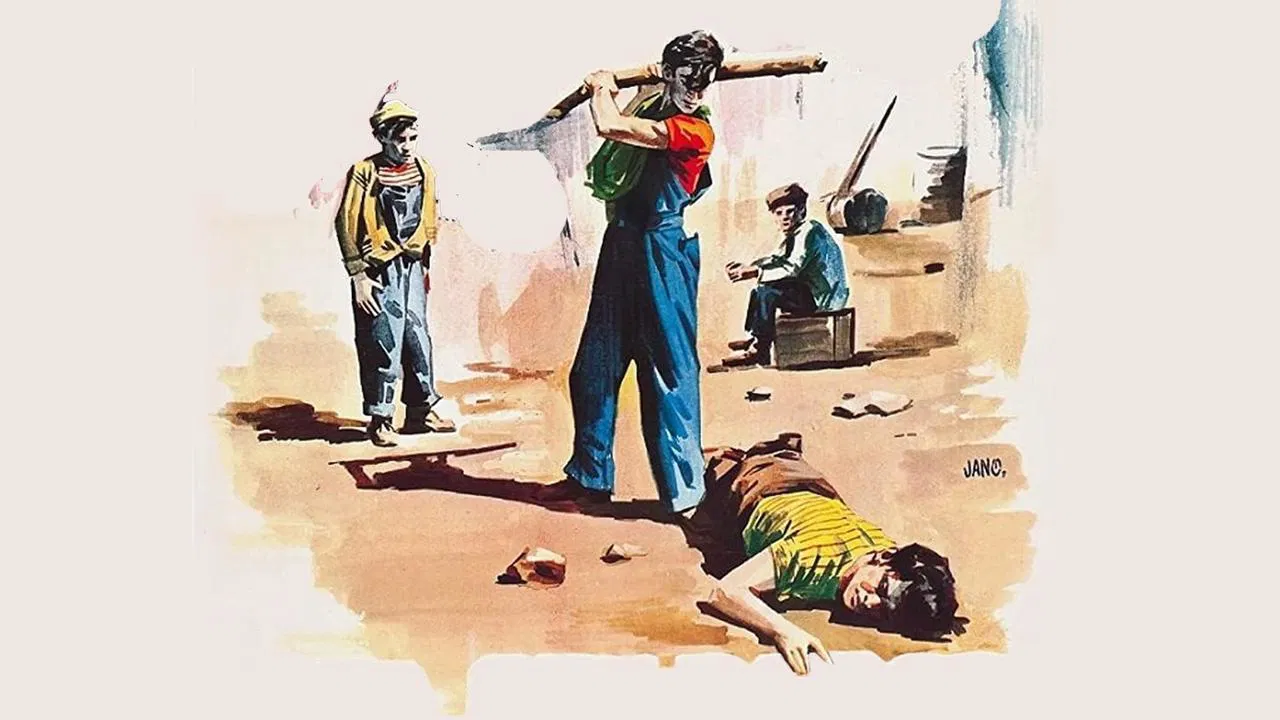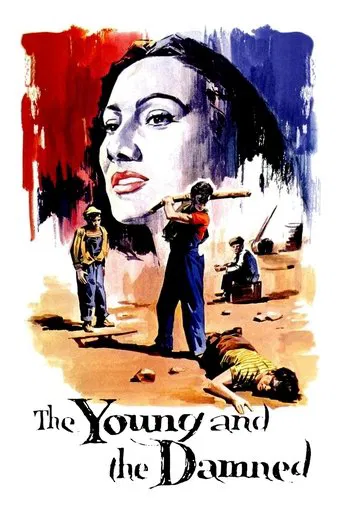

a film so unique, intoxicating and bizarre that it not only demands another viewing, but is also forgivable as a satirical comedy where the jokes eventually take the back seat.
... View MoreThe movie's neither hopeful in contrived ways, nor hopeless in different contrived ways. Somehow it manages to be wonderful
... View MoreThe film's masterful storytelling did its job. The message was clear. No need to overdo.
... View MoreGreat story, amazing characters, superb action, enthralling cinematography. Yes, this is something I am glad I spent money on.
... View MoreThis is probably the only film that falls into the category of "Great, but no thanks". Is this a masterpiece? Like so many of Buñuel films, Yes, Yes, and again Yes! Can I ever watch it again? Uh, ... no. Yes, it is sad and depressing, but I can handle that. The problem is that it is also very disturbing to the point of causing great discomfort. Just one of those films that I never wish to see again. Sort of like a diabetic who loves pecan pie. He wants it, but even one slice would be dangerous. Well, watching this movie would be like me a being a diabetic and eating the whole pecan pie. Thanks but no thanks.
... View MoreLOS OLVIDADOS is a brutal display of juvenile crime, poverty and misunderstanding in a broken society. The film was made with lots of love, realism and drama. The fact is that human life is the least cost in terms of bare survival.The director shows us a completely degraded society where poverty is commonplace, delinquency and crime are ways of survival, and children have long been lost. Everything is presented in a kind of vicious circle within which we can see the shocking violence, coincidence and irony. No character in the movie can not pick sympathy. Even the figure of the mother, who at times certainly provokes disgust. Survival is not by any means well.The Director attacking us with real picture of poverty and misery in which the spark of life slightly off. This is certainly not the general madness. This is a representation of the "disturbed" state of consciousness induced by society. I live in a messy and sick society. I understand relationships and therefore understand this movie. Social solutions are absent. Positive messages there. The Society in many cases lead man on the edge of the border through which it can not go further, and back can not be restored. Of course, I never excuses violence, but this is not about individuals or psychopaths.
... View More"Los Olvidados" is a film about poverty and juvenile crime in the poor parts Mexico City. This film shows how young boys and how there lives are lived when you live in Poverty and how hard it is to survive on a day to day bases in a rough part of a city. the film shows how all boys are different when you do not have the best situation in life. Some boy's have to steal Some boy's have to work at a young age. some boy's have to kill to get what they want.When you are living poor, work comes first then education, but with out education you are killing yourself for the long run. Nothing is easy in life! If you ain't trying to survive then you ain't trying to live.
... View More"Los Olvidados" shows that it is often the social ills already in existence in our societies, an example being the complete lack of care and love Pedro's mother has for Pedro in most of this film, that can contribute to creating children who have social deficits – often creating anti-social and sociopathic personalities and tendencies – such as that portrayed by the characters of "El Jaibo", Pedro, and Julian. "Los Olvidados" makes it abundantly clear that even those people in society that bring forth the façade of being normal law-abiding citizens, such as Don Carmelo, the blind man, are corrupted in one form or another – Don Carmelo is a pedophile - and again, one can infer that this is due to the social imperfections of the people that were around Don Carmelo when he was a youth. To me, "Los Olvidados" showed a dystopian society – very much like the film "A Clockwork Orange", in which gangs of morally twisted youths know of nothing better else to do with their time than to take out their frustrations on everyone and anything they can. I also saw that "Los Olvidados" does not just show a hopelessly corrupt world where everyone in society has personal demons and where all hope is lost. "Los Olvidados" also shows the positive side of human nature, such as when Pedro's mother started to show signs of caring for Pedro after he was sent to the rural school, a quality that she did not show earlier in the film. Another example of the presence of moral goodness in people is when the school's principal did not punish Pedro for killing the chickens and even understanding what might have led Pedro to behave in such a violent manner and even making sure that Pedro is fed so as to enable him to think and act more logically.
... View More